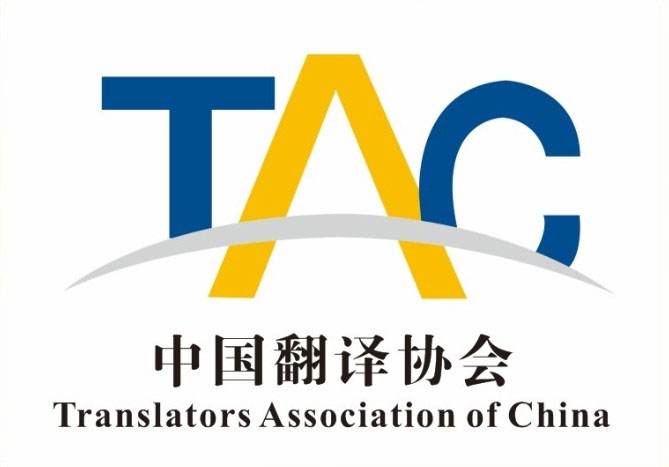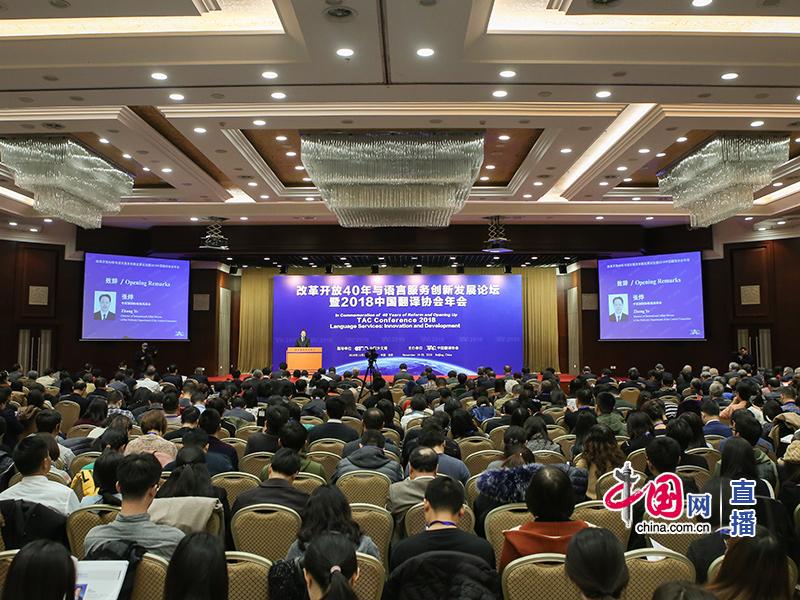BRUSSELS, July 31 (AFP) – The European Union is drawing up plans to recruit an army of 400 extra interpreters to ensure that officials from Estonia, Latvia and Hungary, which may join soon, will be understood, according to a report.
An EU report, detailing preparations needed ahead of the 15-member body”s eastward expansion, says that it will need the interpreters to meet the bloc”s pressing needs if the EU takes in, for instance, ten new countries in 2004.
The plan of action foresees the body”s current 11 official languages increasing to 21, to include notoriously difficult languages such as Estonian and Hungarian.
According to the report, for each new language, the body needs 40 further interpreters to deal particularly with press conferences, swelling the ranks of an already 530-strong group of simultaneous translators.
But because of the vast number of language combinations possible, the EU says it will not aim to provide simultaneous interpretation between Slovakian and Greek, for example, or Lithuanian and Portuguese.
Instead, plans focus on translation between so called relay languages — either French, English or German, from which further translation will be conducted into the Union”s official languages.
Although a total of 13 countries are officially acknowledged as EU candidacy countries, the proposals for extra interpreters allow only for the first 10 of these, whichever they are.
Hungary, Cyprus, Slovenia and Estonia are the most advanced candidate countries for EU membership, although many doubt that enlargement would proceed without Poland, the biggest of all the hopefuls, and the Czech Republic.
Other nations in various stages of accession talks with the European Commission include Lithuania, Latvia, Slovakia, Bulgaria, Romania and the Mediterranean island of Malta.
Turkey is also a recognised EU candidate, but cannot start accession talks until it meets EU norms on democracy, human rights and the rule of law.
The Commission is also preparing for the arrival of some 2,400 more bureaucrats, if the Union”s enlargement goes ahead as planned.
To cope with the influx of bureaucrats, the body is recommending that a fourth European school for the children of EC employees be opened in Brussels and a second in Luxembourg.
Ever sensitive to criticisms of being a huge European bureaucracy, the Commission repeatedly points out that its administrative costs represent only five percent of the European Union”s total 100 billion euro (87 billion dollar) budget.









